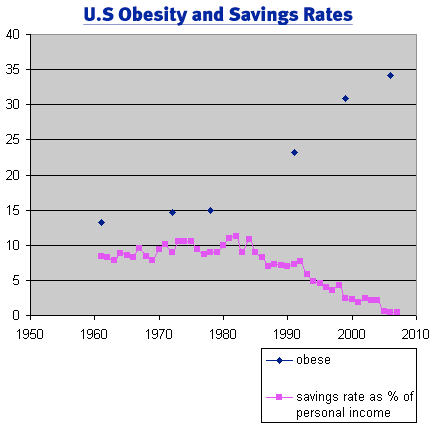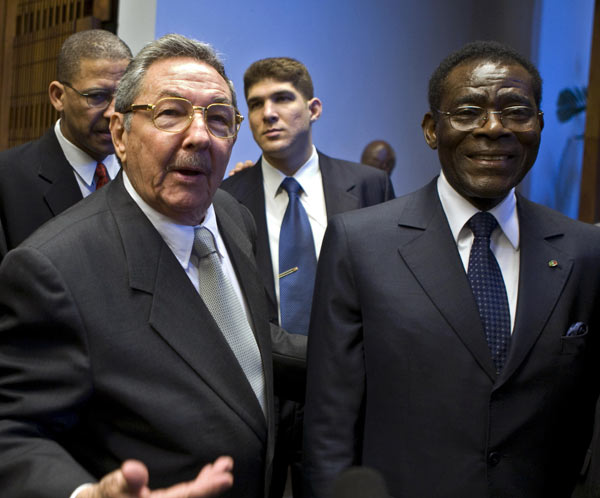Published in The Register-Guard, May 27, 2008
Flicking through the television channels the other day, I paused at a basketball playoff game between the Los Angeles Lakers and the Utah Jazz, which was such a close one that it eventually was settled in overtime.
The commentator made interesting remarks that are quite the norm in such contexts, analyzing who was in foul trouble and how many fouls each team had “left to give.”
Fouls left to give? There is no more talk of sports promoting sportsmanship, camaraderie and cooperation. Instead, it is about “fouls left to give” until players are ejected.
Increasingly, fouls and penalties are no longer results of players’ accidents or mistakes. Coaches and players systematically exploit this as a loophole with the sole intention of restricting the opponent’s performance.
It is not uncommon to see a basketball player intentionally grabbing an opposing team’s player if that will prevent a sure two points.
It is so often used against Shaquille O’Neal that we now have the sports jargon, “hack-a-Shaq.” A football cornerback might commit pass interference if it appears that without that penalty the wide receiver might coast into the end zone for a touchdown.
The manner in which fans respond to these fouls indicates that they, too, see it as legitimate maneuvering.
I wonder, then, if involvement in athletics might end up doing more harm than good. What will children learn if their coach teaches them to grab the player in order to prevent an opponent from scoring? Is the lesson to focus on winning at any cost, fully understanding that they have “fouls to give”?
It is bizarre that we have zero-tolerance policies in educational settings, even as we could instruct the same children that they have “fouls to give” on the playground.
It is no stretch to argue that this notion of “fouls to give” is becoming common in society.
The havoc that Enron brought upon its employees, shareholders and the rest of the world was nothing but a reflection of its decision-makers’ thinking that their transgressions were within their “fouls to give.” Professionals advise corporations on how to exploit loopholes in the law — a variation of fouls to give.
Political campaigning is along the same lines: Candidates or their surrogates intentionally commit fouls, then pay appropriate penalties and carry on, because, hey, that is how the game is played.
As an academic concerned about more than mere curricular issues, I am always perturbed when students and colleagues commit fouls. You can, therefore, imagine my sheer delight with the recent softball incident in a game between Central Washington University and Western Oregon University, where I teach.
In case you missed that news item: A lot was at stake because the winner of that game qualified for the regionals. With two on base, at the plate was a diminutive graduating Western senior who had never homered in her life. She hit her first home run ever, then badly injured her knee at first base while making her way around the bases.
Two fielders from Central carried her around the bases, which counted as a home run for Western. The gregarious Central team went on to the lose the game, while Western moved on to the regionals, and won the first round there, too.
It was a remarkable story of sportsmanship and offered an absolute contrast to the “fouls to give” calculations that are otherwise the norm.
In the spirit of using athletics to forge a greater sense of humanity, imagine the following scenario, which might sound as if it is coming from another planet. Well, given that I am from India, it might well be an alien thought!
The next academic year, when the Oregon Ducks play hosts to Pac-10 football teams at the loud and boisterous Autzen Stadium, it will almost always be a midday or late afternoon game. That means that there will be ample time for the Ducks to play a different type of host again: to sit down with the visiting team and have dinner after the game. The bands from the host and visiting teams can play a few numbers as entertainment for the evening.
An outrageous idea, I realize. But what a powerful message it can convey, particularly to the youth! The university even can make a fundraiser out of this, splitting the proceeds with the visiting teams.
It would be a huge step in the right direction. The focus, after all, is on the common cause of developing one’s skills and learning and playing the game to one’s fullest. I can easily imagine that such an attitude will quickly lead to players and spectators alike relearning the forgotten idea that there is no place for “fouls to give.”
In my book, nice guys never finish last, but are winners all the time.











